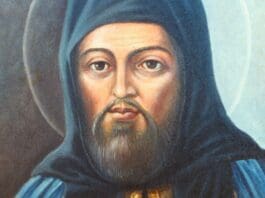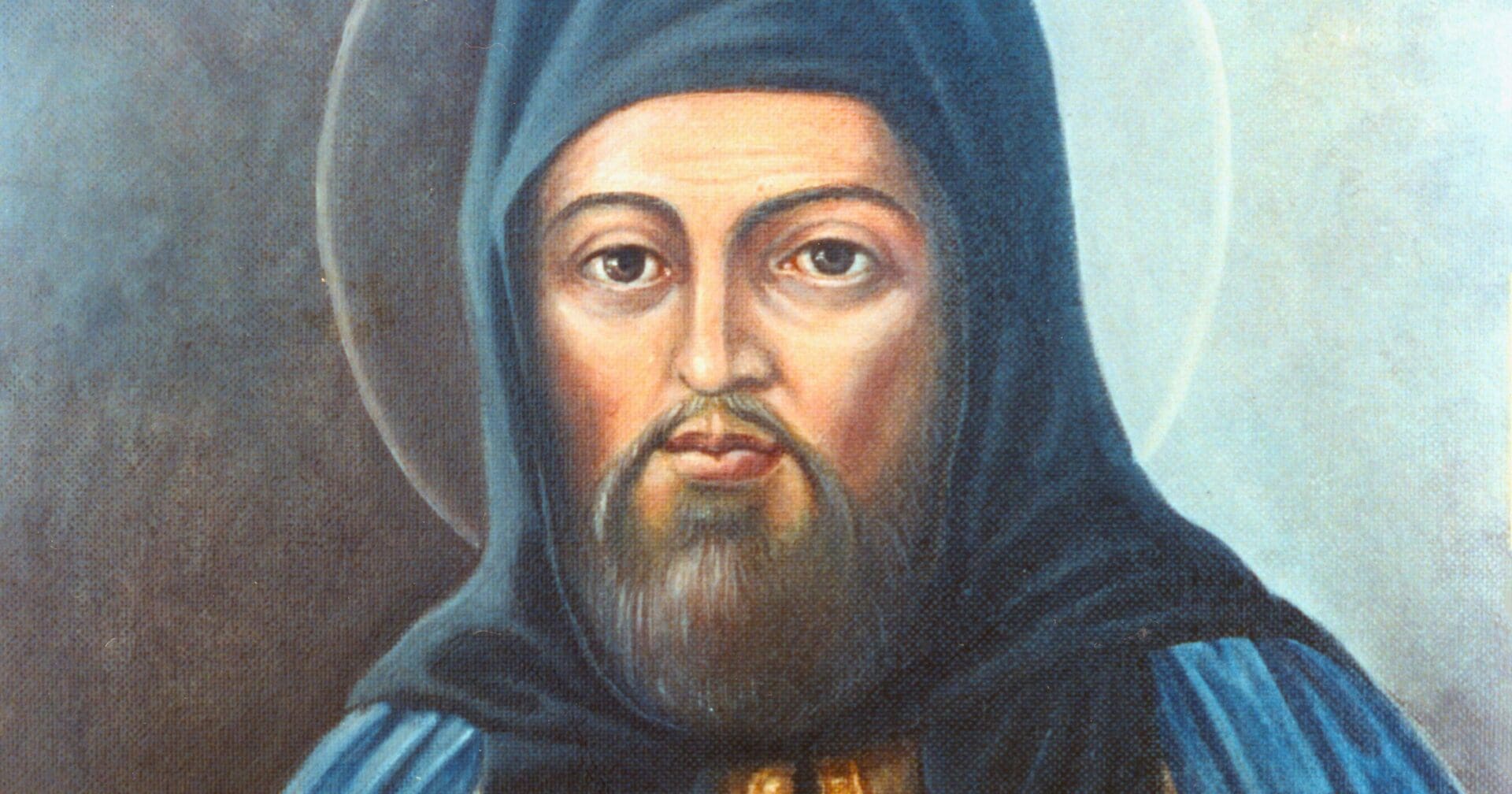
Saint Josaphat, a bishop of the Eastern Rite, is commemorated as a martyr for ecclesiastical unity, having lost his life striving to reconcile a segment of the Orthodox Church with the Roman Catholic Church.
The Great Schism of 1054, marking the division between the Eastern Church in Constantinople and the Western Church in Rome, stemmed from longstanding cultural, political, and theological discord. A significant episode in this schism was the excommunication of the patriarch of Constantinople by Cardinal Humbert in 1054, amid controversies over liturgical practices, clerical marriage, and the Filioque clause regarding the Holy Spirit’s procession.
Centuries later, in what is now Belarus and Ukraine, then under the Polish-Lithuanian Commonwealth, a decision was made at the Synod of Brest in 1595-96 by the Orthodox metropolitan of Kiev and other bishops to bring their flock into communion with Rome. Josaphat Kunsevich, who would later become a central figure in this movement, was a young boy at the time.
Josaphat’s early life was marked by a turn from business and a potential marriage to religious devotion. Entering the Holy Trinity monastery in Vilna in 1604, he found kindred spirits in two Jesuits, a rector, and Joseph Benjamin Rutsky, who shared his zeal for reunification with Rome. Together, they laid plans for ecclesiastical communion and monastic reform.
The paths of Josaphat and Rutsky diverged as they pursued their vocations, with Josaphat founding new monastic houses and Rutsky becoming the metropolitan of Kiev. Josaphat’s ascetic reform efforts were met with resistance, yet his persuasive and compassionate approach eventually brought about change.
As bishop first of Vitebsk and then Polotsk starting in 1617, Josaphat faced a dilapidated church infrastructure, moral laxity among the clergy, and general disinterest in pastoral duties. He addressed these challenges by convening synods, instituting a catechism, and enforcing clergy conduct, all while exemplifying the virtues he preached.
Despite Josaphat’s efforts, Orthodox separatists established rival bishops, leading to civil unrest and division. The King of Poland’s support for Josaphat as the legitimate archbishop sparked riots and dissent. Even Catholics, who should have been allies due to Josaphat’s commitment to the Byzantine rite, opposed him.
In October 1623, aware of the dangers he faced, Josaphat returned to Vitebsk to attempt peacemaking. His nonviolent stance and determination to die for the Church’s unity if necessary were manifest. However, a confrontation ensued when separatists seized an opportunity to provoke violence, and Josaphat was murdered by a mob, his body desecrated and cast into a river.
In the aftermath, the Jewish community of Vitebsk bravely defended Josaphat’s followers and openly decried the violence, while Catholics hid in fear. The brutal killing eventually swayed public opinion towards unity, and even Josaphat’s adversary, Archbishop Meletius Smotritsky, reconciled with Rome. In 1867, Josaphat was canonized, becoming the first saint from the Eastern Church to be formally recognized by Rome.
Photo credit: Misko3 via Wikimedia Commons
The post Saint Josaphat of Polotsk appeared first on uCatholic.
Daily Reading
Feast of the Holy Innocents, martyrs
Reading 1 1 Jn 1:5—2:2 Beloved:This is the message that we have heard from Jesus Christand proclaim to you:God is light, and in him there is no darkness at all.If…
Daily Meditation
We Still Grieve the Holy Innocents
Click here for daily readings Today in the Gospel of Matthew we not only read about one of the most faithful men in the Bible, but we read about one…




